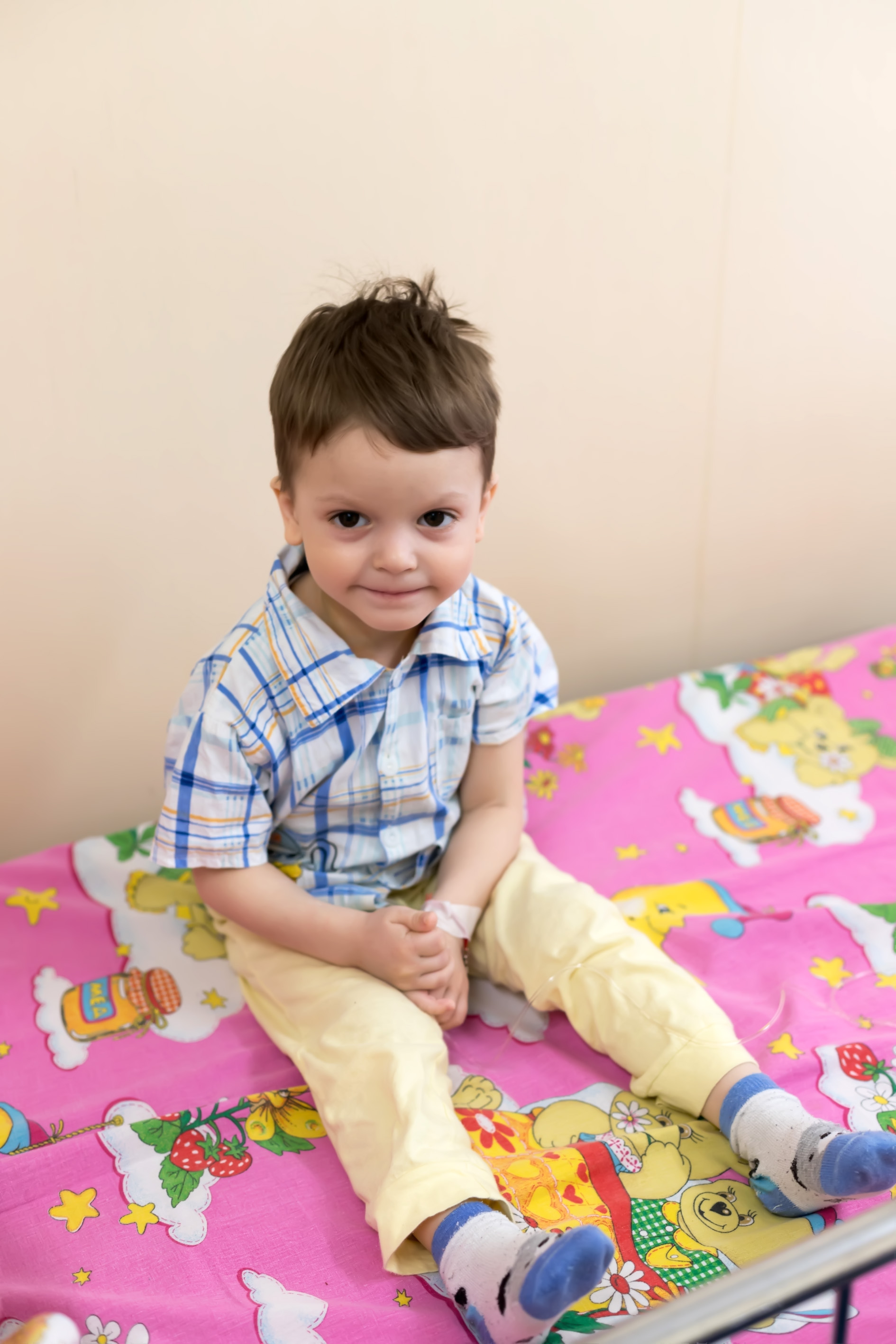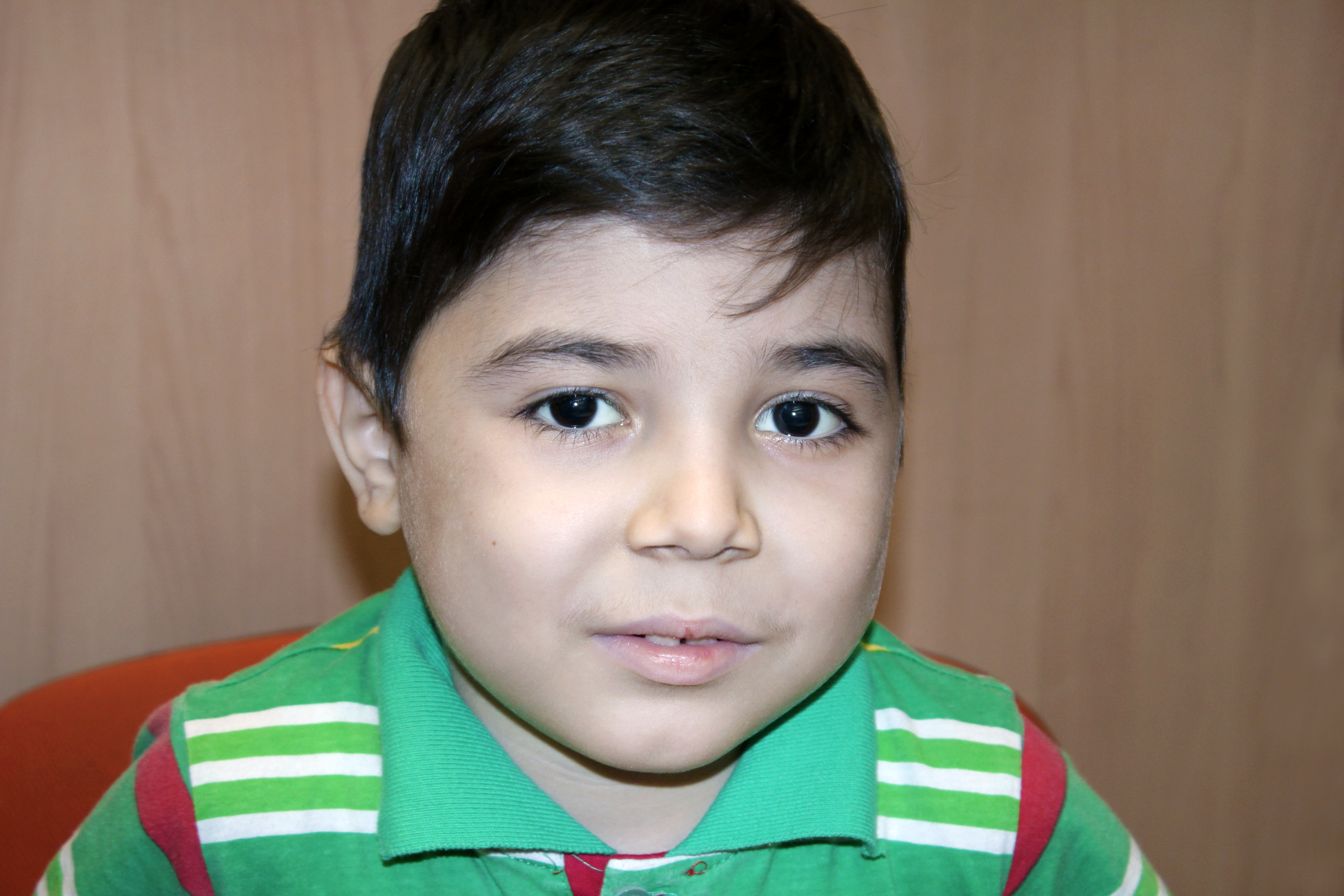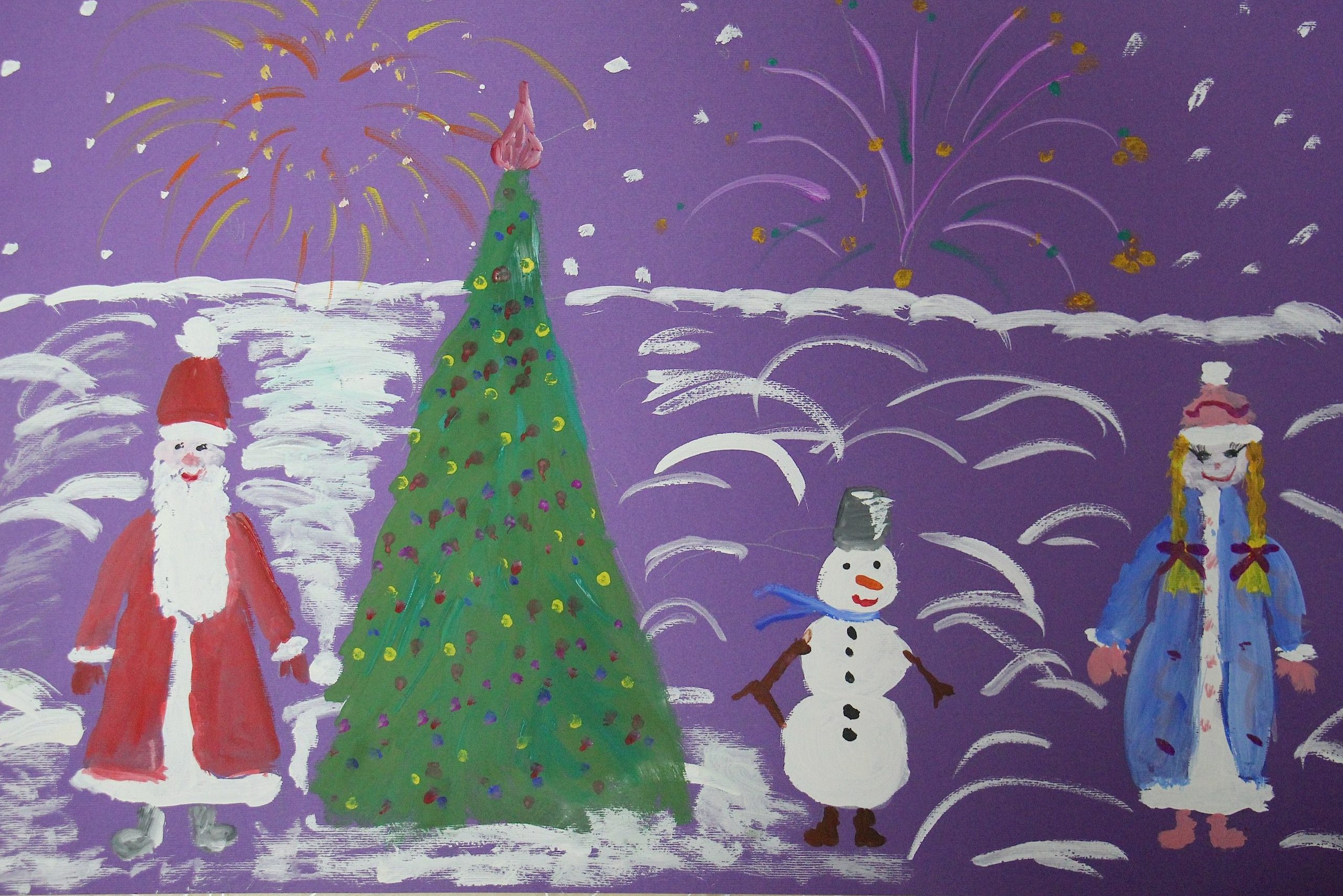2018 ANNUAL REVIEW FROM GIFT OF LIFE
As per tradition, at the end of December we look back at the events of the past year. Let us begin by expressing our gratitude: a great big thank you to everyone who helped the children in Gift of Life’s care in 2018!
Your support, your warm heart and your kindness have, as ever, allowed us to aid children and give them the support they needed even under the most challenging conditions.
Together, we were able to help 38 patients in Russia, and the total sum spent on medicine, consultations, surgery, and advanced medical training and treatment abroad was £493,536.07.
Foreign medicines
As usual, most of the money was spent on purchasing medicines not registered in Russia. The familiar set of essential medicines—Erwinase, Defitelio, Foscavir, Ixoten, Venclyxto, Busilvex, Kineret and so forth—has been expanded this year. We now have rarely-used but sometimes vital medicines such as the antitumour Alecensa, the antiviral Alinia, and Empressin, which prevents septic shock. In total, £328989.42’s worth of unregistered medicine was purchased for 31 patients.
Surgeries
The second biggest source of expenditures for Gift of Life is payment for the work of foreign specialists who come to the Dmitry Rogachev Centre for Paediatric Haematology to perform surgery. For example, in 2018 Dr Ingo Melcher, a specialist in skeletal system reconstructive surgery, carried out seven operations. Dr Melcher’s visits are important not only for the children who receive high-quality help, but also for Russian doctors, who gain valuable knowledge and experience. In total, £40,445.10’s worth of foreign medical assistance was provided for 7 patients.
Education
Special mention should go to the educational programme being implemented thanks to Gift of Life’s donors. This includes both Russian doctors attending leading foreign conferences and symposiums, and visits by trained foreign medical experts to Russia to share their experience. In 2018 we paid for tickets for 10 foreign specialists. They came to take part in forums run by the National Society of Paediatric Oncologists and Haematologists, the work of the Russian School for Embryonic Tumours and the International Conference on Acute Leukaemia in Yekaterinburg, among other events. Meanwhile, of the international forums in which Russian doctors were able to participate thanks to Gift of Life’s aid, we’d like to highlight the meeting of the European Society for Blood and Marrow Transplantation in Lisbon, the congress of the European Hematology Association in Stockholm, and the congress of the International Society of Paediatric Oncology in Tokyo. These events were attended by haematologists and oncologists from Yekaterinburg (where an expansion and equipment overhaul of the transplantation centre is currently underway) and Krasnoyarsk (where the creation of such a centre is planned for the near future). In total, £16,600.29 was spent on the education project.
Search and activation of bone marrow transplants
The charity also paid to locate and engage bone marrow donors for some of the children in its care. There are cases where a bone marrow transplant is the only way for a child to be cured of a deadly illness. Often, the procedure requires an unrelated donor who has to be compatible with the ill child in very specific genetic terms. One can find such people in the international bone marrow donor registry. The donors share their life-saving cells for free, but the actual process of finding matching donors must be paid for. This year, Gift of Life spent £43,993.82 on this project.
Foreign treatments
Several Russian patients received treatment or tests abroad, including twelve-year-old Anastasiya Skrynnik from Moscow, who received a liver transplant in a German clinic, and twenty-two-year-old Maksim Yelin, who needed a consultation with Dr Merimsky in Israel. In total, £63,507.44 was spent on foreign assistance.
You helped these children
To finish, we’d like to share the stories of two of the children in Gift of Life’s care who received the help they needed thanks to you.

Dima Zhagrin, 4, Gorodishchi (Vladimir Oblast), acute lymphoblastic leukaemia
Dima ended up in the Russian Children’s Clinical Hospital in early 2018, after his mother noticed that he was getting tired quickly, and he complained that his arms and legs hurt. The doctors thought he might have arthritis but treating him for it didn’t help. That’s when they ran a series of tests and diagnosed him with acute leukaemia.
Dima was to be treated according to a standard protocol, but it quickly became obvious that the primary medicine was triggering a severe allergic reaction. That was when Dima’s doctors made the decision to switch to a different medicine called Erwinase. Erwinase isn’t registered in Russia, and he was only able to get it thanks to Gift of Life’s donors—in other words, thanks to you!
Dima was almost instantly released for outpatient care. The only chemotherapy side effect he suffered from was acute bronchitis, which was straightforward to cure. Dima loves to play educational games and assemble complicated jigsaws and construction sets, as well as paint. While undergoing treatment, he became friends with a neighbour, and together they’d play doctor and prepare a variety of dishes with plastic fruit. Then the doctors finally told Dima he could go home with his family. That wonderful day came in November, when Dima finished his main chemotherapy course. His first check-up is due in early January, right after the New Year celebrations. We wish Dima a fantastic year!

Kamil Ismailov, 8, Lobnya (Moscow Oblast), Thalassaemia
Kamil has a very rare illness called thalassaemia, which interferes with the production of haemoglobin. He was diagnosed with it when he was only a year old. Tragically, Kamil has been forced to spend nearly his entire childhood in hospital, at the Dmitry Rogachev Centre for Paediatric Haematology. To get better, Kamil needed a bone marrow transplant, which he received in September 2018.
But until then, his illness had to be kept at bay using a plethora of medicines and repeated blood transfusions from a donor, which has a harmful effect on the liver. The transplant itself is no less dangerous—it can cause hepatic vein thrombosis, blocking up the veins coming out of the liver. In order to reduce the risk to his liver after the bone marrow transplant, Kamil needed the foreign medicine Defitelio. But Defitelio has one crucial flaw: It’s far too expensive. This medicine was paid for by Gift of Life, since a family with a child who’s been so very sick for so long couldn’t hope to afford it.
We’re deeply grateful to you for helping Kamil and paying for a course of the medicine he needed. After the transplant, he had a difficult time at first, but now he’s all better and ready to go home.
We would like to thank everyone who found the opportunity to support us and the children in our care this year. We couldn’t do it without you, and we’re very glad to have you with us.

